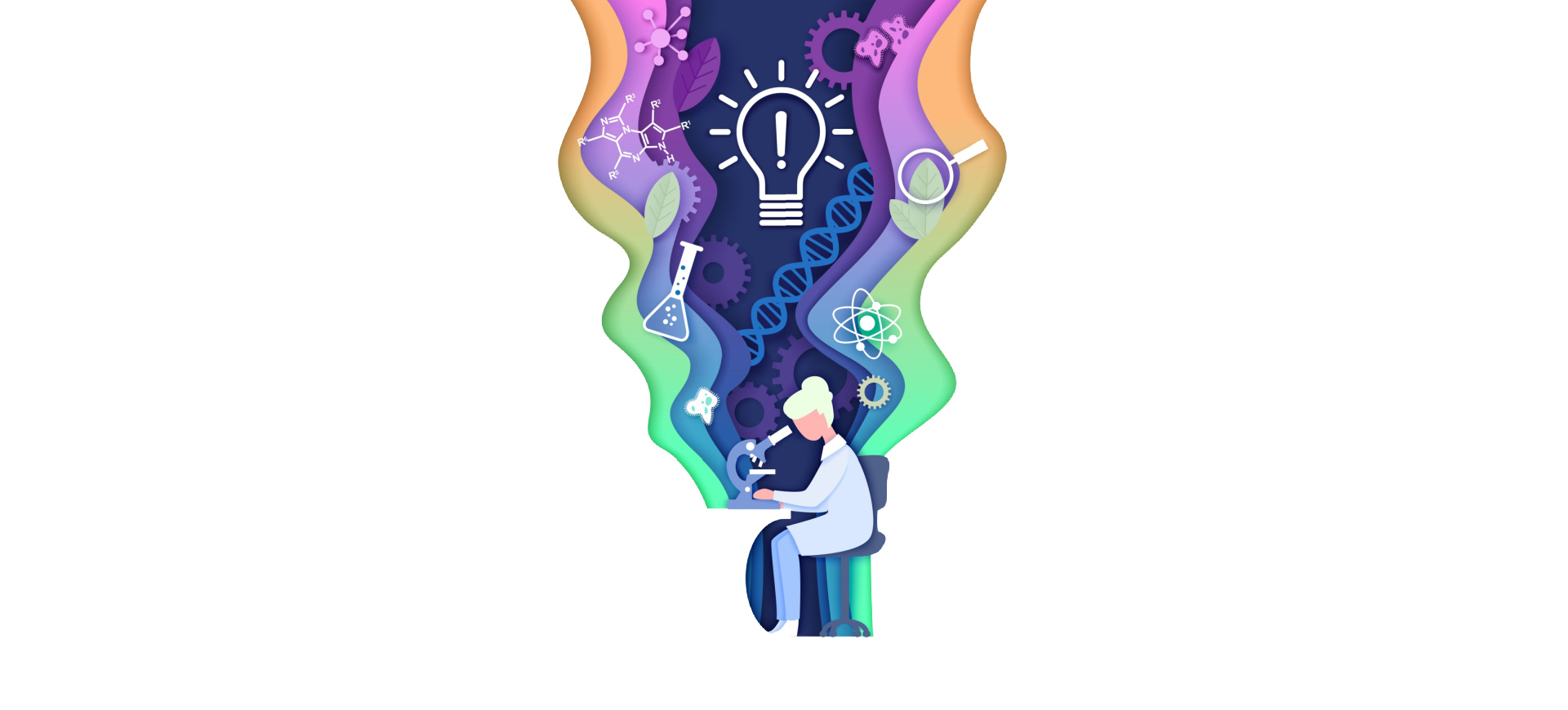Open up science, foster Health For All
The Covid-19 pandemic has shown the incredible potential of open science. Now is the time to deploy it and remove existing barriers
Health will not be accessible to all without open science.
If scientists have been able to work quickly and efficiently to develop safe Covid-19 vaccines in record time, it is because the barriers that often hinder science have been lowered – even if temporarily.
Scientific publications are a case in point. While 70% are normally locked behind paywalls – often prohibitively expensive for researchers from low-income countries – only 30% of publications specifically on the pandemic were subject to restrictions on access.
Health For All will also be impossible without more egalitarian and geographically diverse science.
Although the number of researchers and public and private funding increased by 14% and 19% respectively between 2014 and 2018, this growth has been mainly attributed to just two countries, the United States and China. Four in five countries spend less than 1% of their gross domestic product on public and private research.
Indeed, the scientific landscape remains one
of extremes.
This unbalanced process of scientific development has tangible impacts, such as unequal access to vaccines against Covid-19. This is not only unethical and unacceptable, but also creates bottlenecks in health systems.
It is high time that we made science more egalitarian and more open.
A source of innovation
It must be more open to interdisciplinary exchanges, which throughout history have been a source of innovation. As the UNESCO Science Report recalls, the rapid development of messenger RNA vaccines was made possible by research in the 1990s that targeted cancer immunotherapy, a discipline far removed from epidemiology.
It must be more open to scientists from diverse backgrounds. As such, it will be important to tackle the concerning trend cited by the UNESCO Science Report of a disaffection towards scientific careers. For some, it is the low salaries, outdated equipment and inadequate budgets that holds them back. For others, it is the precarity of their employment, the heavy teaching workload or the relentless paper-pushing to obtain project funding. These institutional obstacles should not be overlooked.
It must be more open to women, who at present represent only one-third of the world’s researchers. That number only drops when we include fields such as engineering or artificial intelligence – fields that will be increasingly important in the future.
It must be more open to society, because opening science also means taking it beyond the scientific community. By developing free educational resources and scientific culture, we can democratise science and bring it closer to the needs of contemporary societies. As the pandemic has taught us, we cannot have a healthy public without confidence in science.
In October 2020, UNESCO, the World Health Organization and the Office of the United Nations High Commissioner for Human Rights called for a more open science and the construction of a fairer, more equitable and ultimately more effective scientific community.
To guide states towards this goal, UNESCO developed a Recommendation on Open Science, adopted in November 2021 by its 193 member states. This recommendation complements UNESCO’s actions in the field of international cooperation, notably with its network of independent centres of excellence, and chairs at universities and research institutions.
The time to act is now. The frameworks are already there. The only thing left to do is to make a decision: to open up science and make health accessible to all. This is a political choice that we must have the courage to make, and that UNESCO is advocating for.












